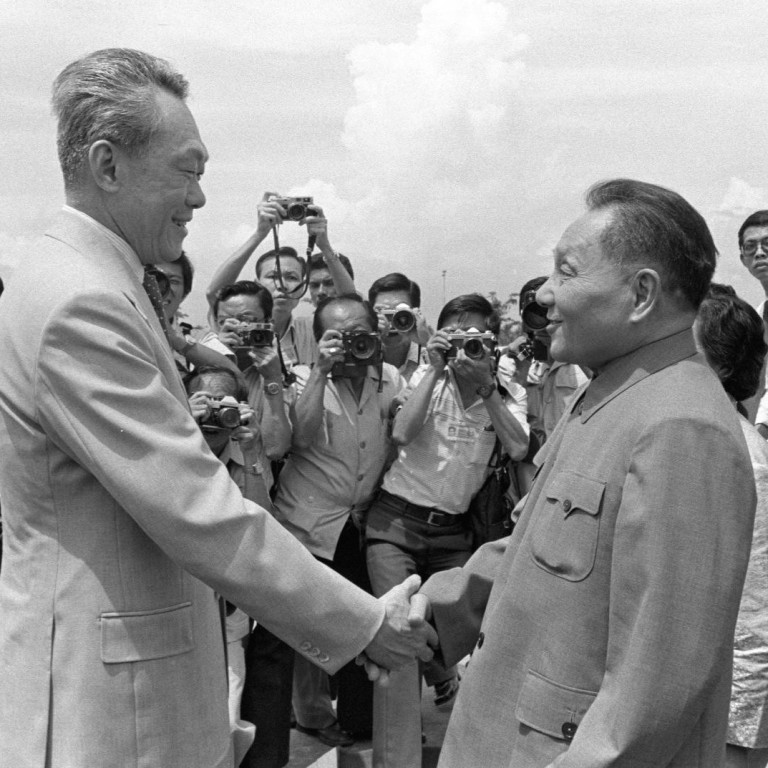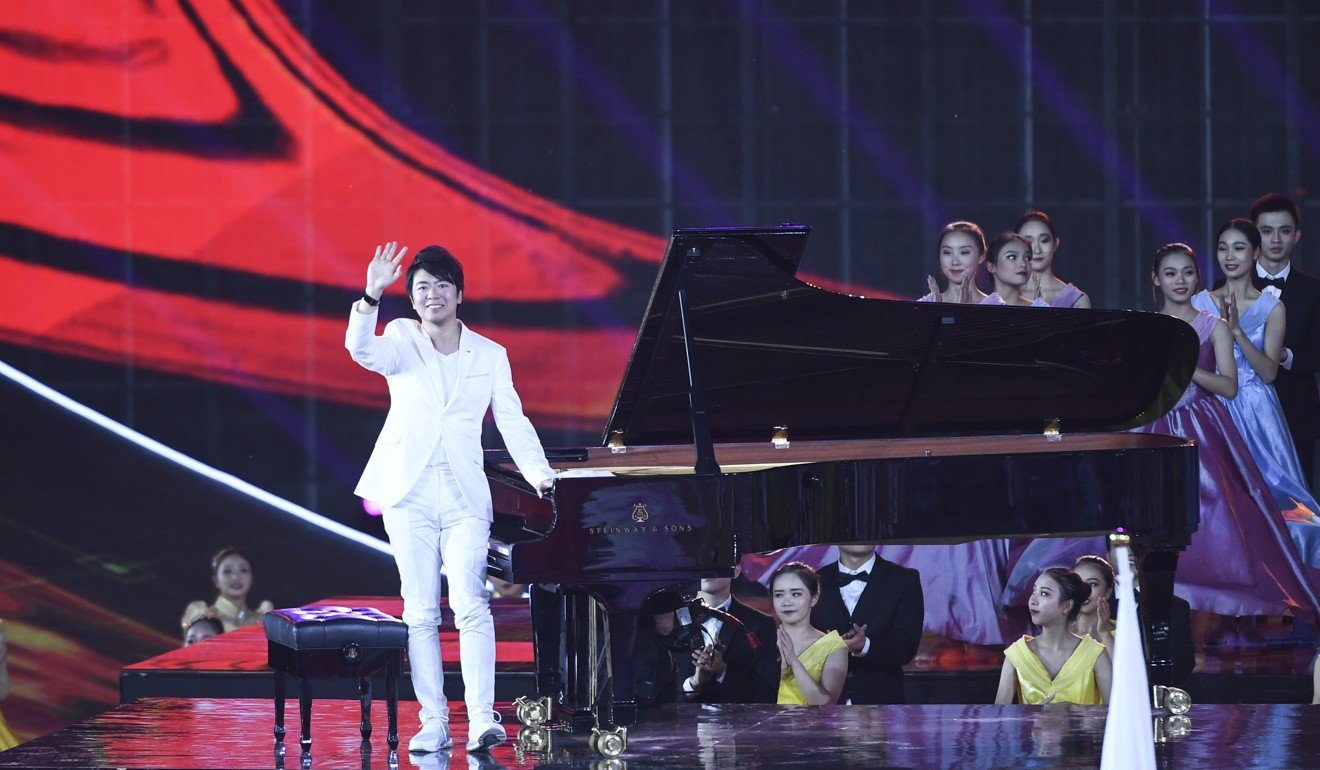
China could become a world-class civilisation to rival the West – if it returns to the Singapore model
- Asia has never had an equivalent of the Western civilisation, in terms of global influence. China has a chance to build such a civilisation, though it has strayed from the path set by Deng Xiaoping after his visit to Singapore
Whatever the merits of Xi’s position on civilisations, China should still be given some credit for restarting the conversation about Western and Eastern civilisations. Back in 1996, Japanese philosopher Masakazu Yamazaki argued that there has never been such a thing as an Asian civilisation, that is, an Eastern equivalent of the Judeo-Christian, Western civilisation that transcends nationality and is dominant in Europe and the Americas. Instead, Asia has individual national and ethnic cultures incapable of encompassing the entire region.
Fundamentally, Asia lacks “the dual structure of rule and language in the West”, said Yamazaki, and “the seeds of modernisation in Asia would fail to sprout but would lie dormant until the encounter with the West”.

India is getting nowhere. But China, with the size of its economy and potential, is in the best position to take a leading role in the creation of an Asian civilisation to interact with, or even challenge, the dominant Western civilisation.
Why and how? The latest United Nations Human Development Report is illuminating in this regard. The report is centred around a human development index meant to “emphasise that people and their capabilities should be the ultimate criteria for assessing the development of a country, not economic growth alone”. Specifically, it measures countries’ achievement in three key areas of human development: having a long and healthy life; being knowledgeable, and; having a decent standard of living.
According to the 2018 index, the top 10 populations are in Norway, Switzerland, Australia, Ireland, Germany, Iceland, Hong Kong, Sweden, Singapore and the Netherlands. The US, China and India were ranked 13th, 86th and 130th respectively. The strong showings of Hong Kong and Singapore, which both have ethnic Chinese-majority populations, suggest the Chinese are of a calibre to build a great civilisation covering at least East Asia, where Confucianism has been a shared value system spanning Japan, Korea, Vietnam and Singapore.
Asian values have been touted as a solution to problems in the West like drugs, guns, vagrancy and ethnic hatred. But Asian values alone did not vault Singapore to the UN’s top 10. The differentiator between Singapore and China is the rule of law. Consider The Analects of Confucius , in which there is a discussion about a moral dilemma: if a father steals a sheep, should a son bear witness to it? Confucius answers: “The father conceals the misconduct of the son, and the son conceals the misconduct of the father. Uprightness is to be found in this.”
How would Lee deal with a similar situation? During a parliamentary debate in Singapore in 1995, he said: “ … when the government, including me, takes a matter to court or when the government is taken by private individuals to court, then the court must adjudicate upon the issues strictly on their merits and in accordance with the law. … Our reputation for the rule of law has been and is a valuable economic asset, part of our capital, although an intangible one.”
Billy Huang has served media outlets in Beijing, Hong Kong, Singapore and the United States for more than 20 years. [email protected]

